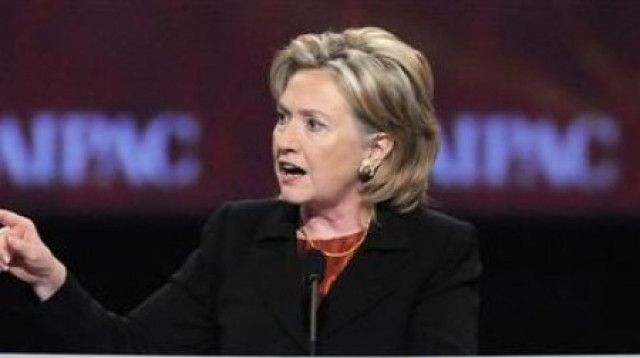Aid action
Prime Minister Yousaf Raza Gilani says Pakistan had already spent more than the amount announced on the war effort.

The military aid, which of course has to be approved by Congress, will add to the $7.5 billion package in civilian aid that Pakistan has already received. The further commitment demonstrates that, as Hilary Clinton said, the US believes Pakistan is a vital partner in the war on terrorism. But it is also true that there has been confusion over policy on Pakistan. Islamabad has pressing issues as far as the US troop presence in Afghanistan go, as well as on the drone strikes in the tribal areas and these undoubtedly figured during the dialogue. In many ways, clearing up such areas of ambiguity is as crucial to fighting the war, as is the actual funding for the effort.
At home, it is also clear the government seeks more. Prime Minister Yousaf Raza Gilani has said that Pakistan had already spent more than the amount announced on the war effort. He has also expressed disappointment over the lack of any definite headway on a civilian nuclear cooperation package, on the lines of the one agreed to between the US and India in 2008. Since then, Pakistan has been attempting to get Washington to agree to a similar deal for it. It seems obvious then that Washington, for now, continues to treat Pakistan with caution. Progress has been made during the talks featuring both the civilian and military leadership of both countries. But it is apparent that there is still a way to go towards building trust and meeting the needs put forward by both countries.
Published in The Express Tribune, October 24th, 2010.














COMMENTS
Comments are moderated and generally will be posted if they are on-topic and not abusive.
For more information, please see our Comments FAQ